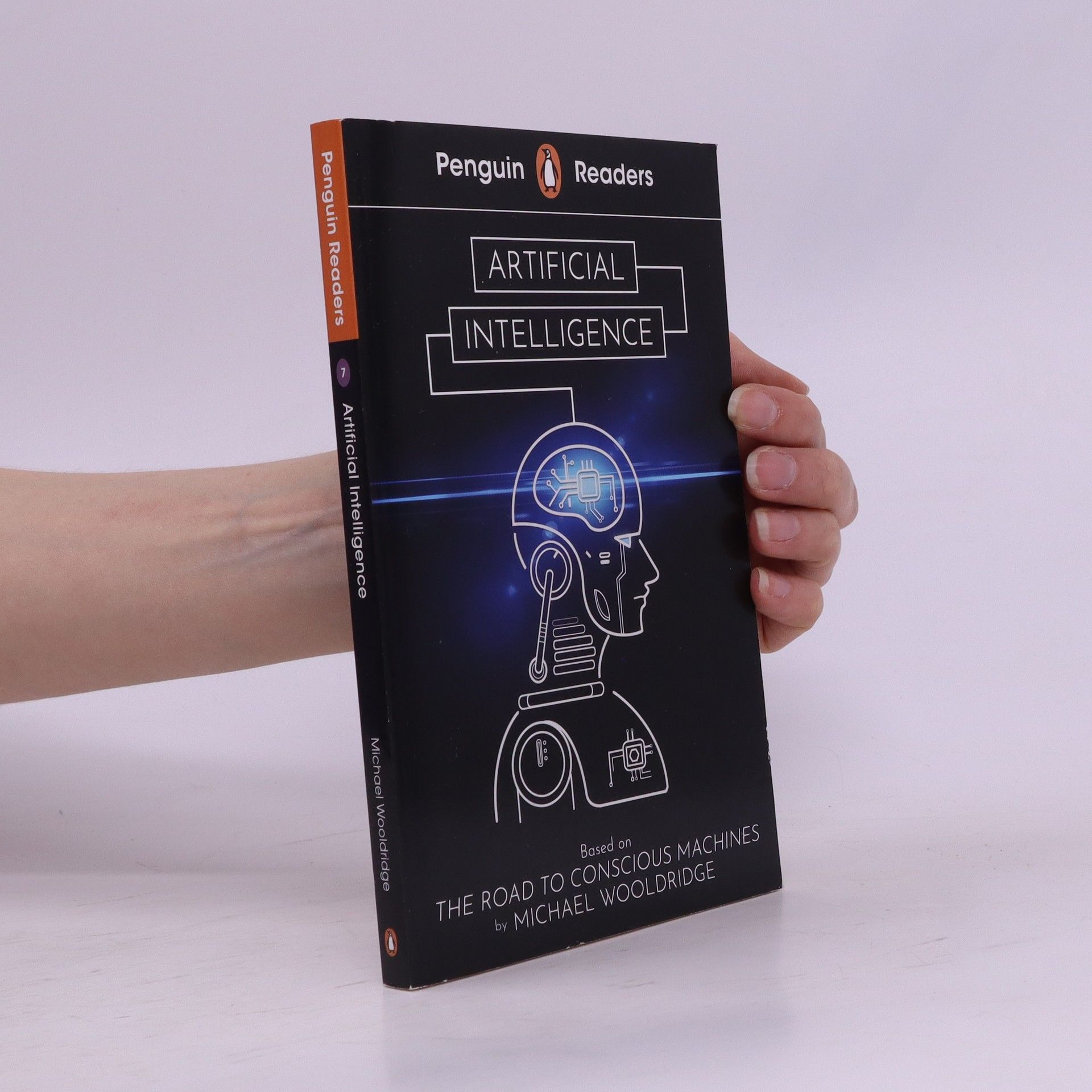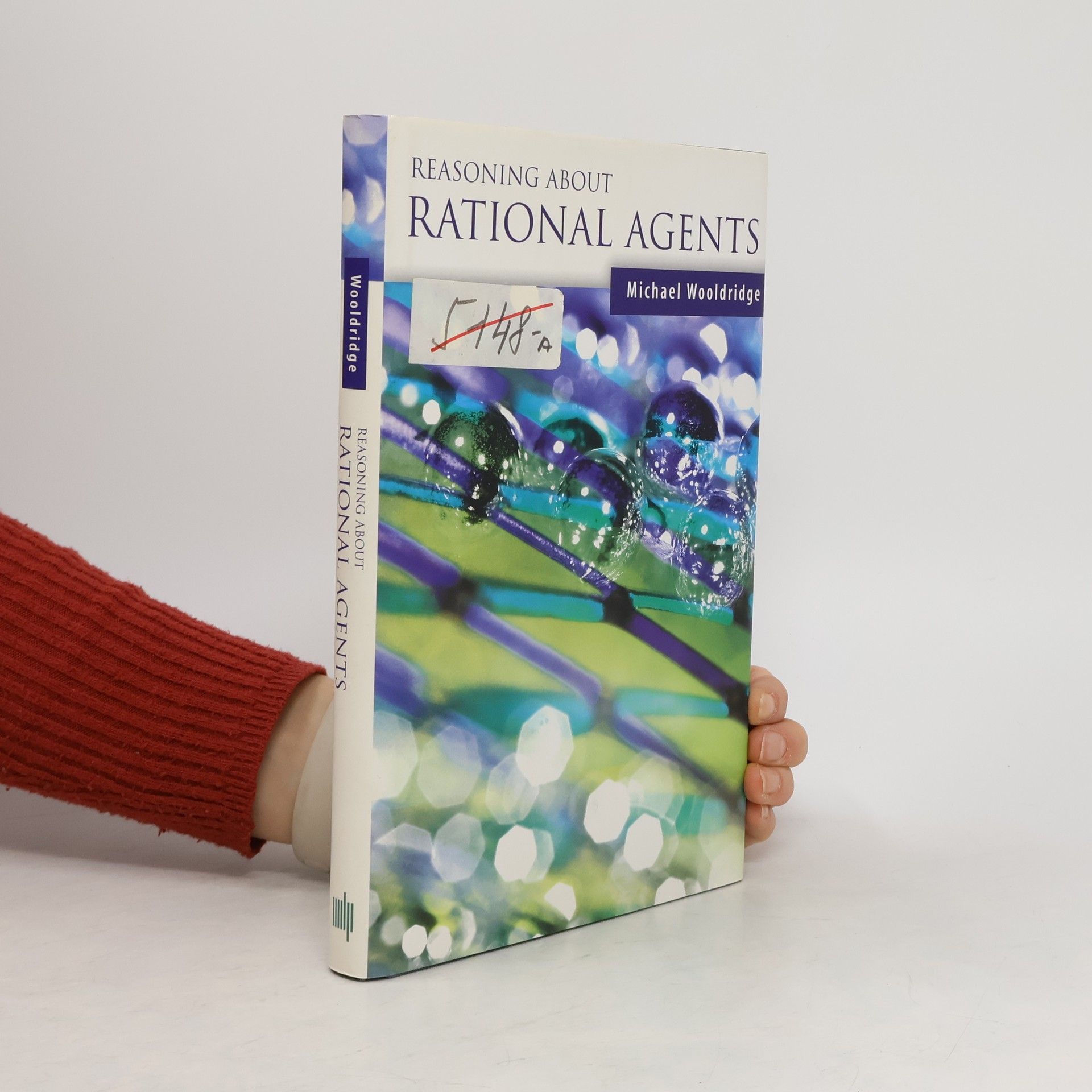Reasoning About Rational Agents
- 241bladzijden
- 9 uur lezen
One goal of modern computer science is to engineer computer programs that can act as autonomous, rational agents; software that can independently make good decisions about what actions to perform on our behalf and execute those actions. Applications range from small programs that intelligently search the Web buying and selling goods via electronic commerce, to autonomous space probes. This book focuses on the belief-desire-intention (BDI) model of rational agents, which recognizes the primacy of beliefs, desires, and intentions in rational action. The BDI model has three distinct an underlying philosophy based on practical reasoning in humans, a software architecture that is implementable in real systems, and a family of logics that support a formal theory of rational agency.The book introduces a BDI logic called LORA (Logic of Rational Agents). In addition to the BDI component, LORA contains a temporal component, which allows one to represent the dynamics of how agents and their environments change over time, and an action component, which allows one to represent the actions that agents perform and the effects of the actions. The book shows how LORA can be used to capture many components of a theory of rational agency, including such notions as communication and cooperation.

